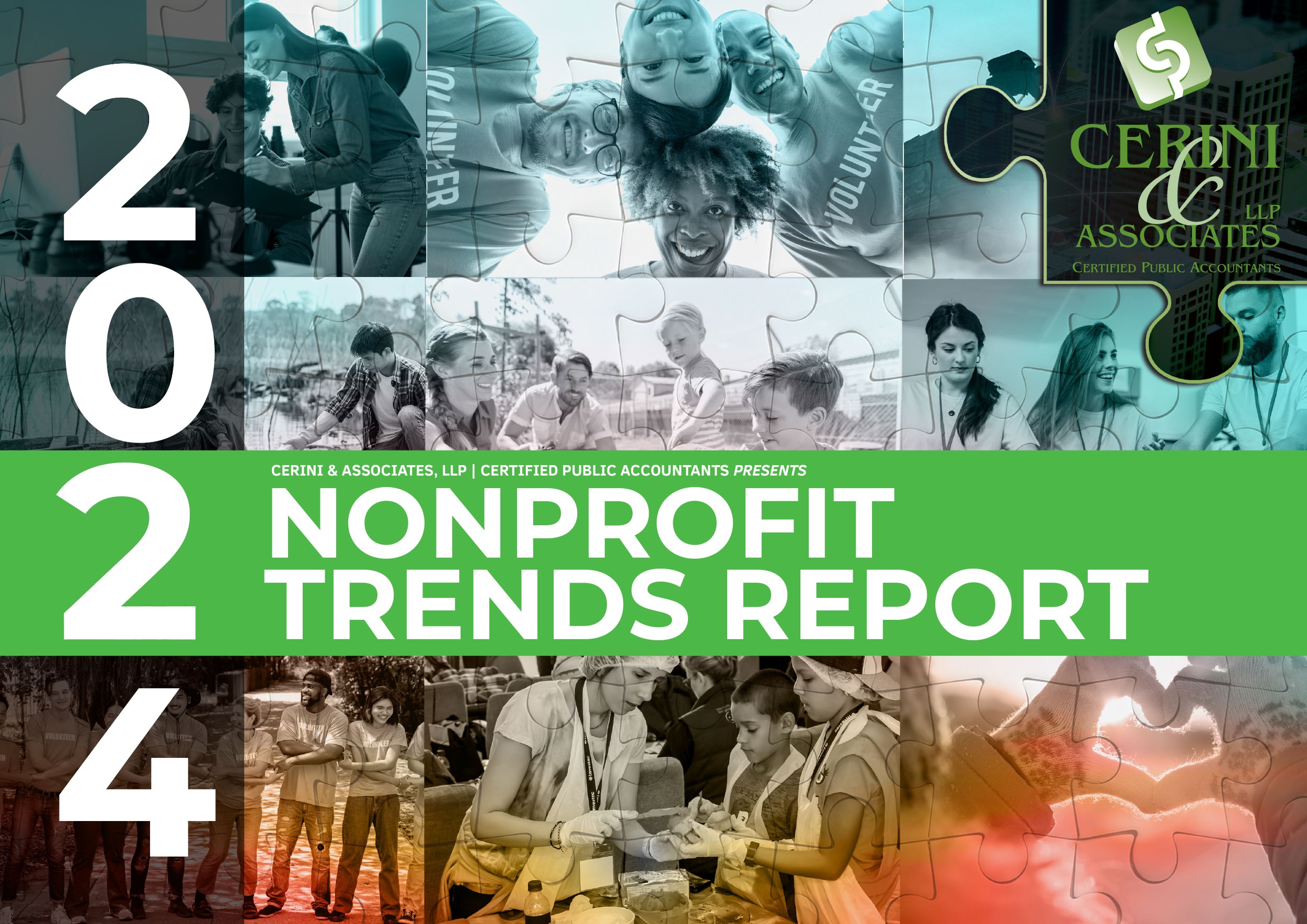In the ever-evolving digital landscape, nonprofit organizations (NFPs) are increasingly turning to Artificial Intelligence (AI) to enhance their operations, improve decision-making processes, and streamline their services. While AI offers a plethora of opportunities for nonprofits, it also comes with potential pitfalls and ethical considerations.
UTILIZATION OF AI IN NONPROFITS:
Several nonprofits have recognized the transformative potential of AI in achieving their missions more efficiently. The implementation of AI technologies can be seen across various sectors within the nonprofit realm, including fundraising, program delivery, and data analysis.
FUNDRAISING OPTIMIZATION:
AI algorithms can analyze donor behavior, predict trends, and personalize fundraising campaigns. This allows nonprofits to tailor their outreach efforts, resulting in increased donor engagement and more effective fundraising strategies.
PROGRAM EFFICIENCY:
Nonprofits can use AI to streamline program management, automate routine tasks, and analyze vast datasets. This enables organizations to allocate resources more effectively, improve program efficiency, and ultimately enhance the impact of their initiatives.
DATA-DRIVEN DECISION MAKING:
AI tools help nonprofits make informed decisions by analyzing large volumes of data. This can be particularly valuable in areas such as impact assessment, resource allocation, and strategic planning.
PITFALLS AND ETHICAL CONSIDERATIONS:
While AI presents numerous opportunities for nonprofits, it also poses potential challenges and ethical concerns that organizations need to address:
BIAS AND FAIRNESS:
AI algorithms can inadvertently perpetuate biases present in training data. Nonprofits need to be vigilant in ensuring that their AI systems do not discriminate against certain groups or perpetuate social inequalities.
PRIVACY CONCERNS:
The collection and analysis of vast amounts of data raise concerns about privacy. Nonprofits must implement robust data protection measures to safeguard the sensitive information they handle.
LACK OF UNDERSTANDING:
Limited understanding of AI technologies among nonprofit staff can impede successful implementation. Adequate training and education are crucial to ensure that staff can effectively utilize AI tools.
CRAFTING RESPONSIBLE AI POLICIES FOR NONPROFITS:
To navigate the complexities of AI adoption, nonprofits should consider developing comprehensive AI policies. These policies can guide organizations in utilizing AI responsibly and ethically. Key components of such policies may include:
ETHICAL GUIDELINES:
Clearly define ethical principles that guide the use of AI within the organization. This can include commitments to fairness, transparency, and accountability in AI applications.
DATA GOVERNANCE:
Establish protocols for responsible data collection, storage, and sharing. Ensure compliance with relevant data protection regulations to protect the privacy of individuals involved.
TRAINING AND EDUCATION:
Implement training programs to enhance the AI literacy of staff members. Foster a culture of continuous learning to keep up with advancements in AI technologies.
REGULAR AUDITS AND ASSESSMENTS:
Conduct regular audits and assessments of AI systems to identify and rectify potential biases or ethical concerns. This ongoing evaluation ensures that AI applications align with the organization’s values.
AI TRENDS FOR 2024:
Several AI trends are anticipated for 2024. These trends include:
AI-ENABLED PERSONALIZATION:
AI will play a pivotal role in delivering highly personalized experiences, allowing nonprofits to tailor their services and engagement strategies for individual stakeholders.
ETHICAL AI PRACTICES:
The focus on ethical considerations in AI development and deployment is expected to intensify. Nonprofits should proactively address ethical concerns and incorporate responsible AI practices into their policies.
AI-DRIVEN AUTOMATION:
Automation powered by AI is set to become more sophisticated, offering nonprofits opportunities to streamline operations, reduce costs, and enhance overall efficiency.
AI-POWERED DECISION SUPPORT:
AI will increasingly serve as a valuable tool for decision-makers, providing data-driven insights to inform strategic choices within nonprofits.
COLLABORATIVE HUMAN-AI WORKFORCES:
The integration of AI into daily workflows will promote collaboration between human and AI entities, creating synergies that amplify the impact of nonprofit initiatives.
As nonprofits continue to explore the potential of AI, it is crucial to approach this technology with a thoughtful and responsible mindset. By leveraging AI strategically, addressing potential pitfalls, crafting comprehensive policies, and staying informed about the latest AI trends, nonprofits can harness the power of AI to advance their missions and create positive societal impact.

THIS ARTICLE WAS ALSO FEATURED IN OUR 2024 NONPROFIT TRENDS GUIDE. READ THE ARTICLE AND MUCH MORE RELATED CONTENT HERE!

Albert Borghese, CPA
Director
Albert is a member of Cerini & Associates’ audit and consulting practice where he focuses on serving the firm’s special education and nonprofit clients. Albert is also involved in the marketing and development of the firm, and frequently participates in recruiting efforts, and research.





No comment yet, add your voice below!